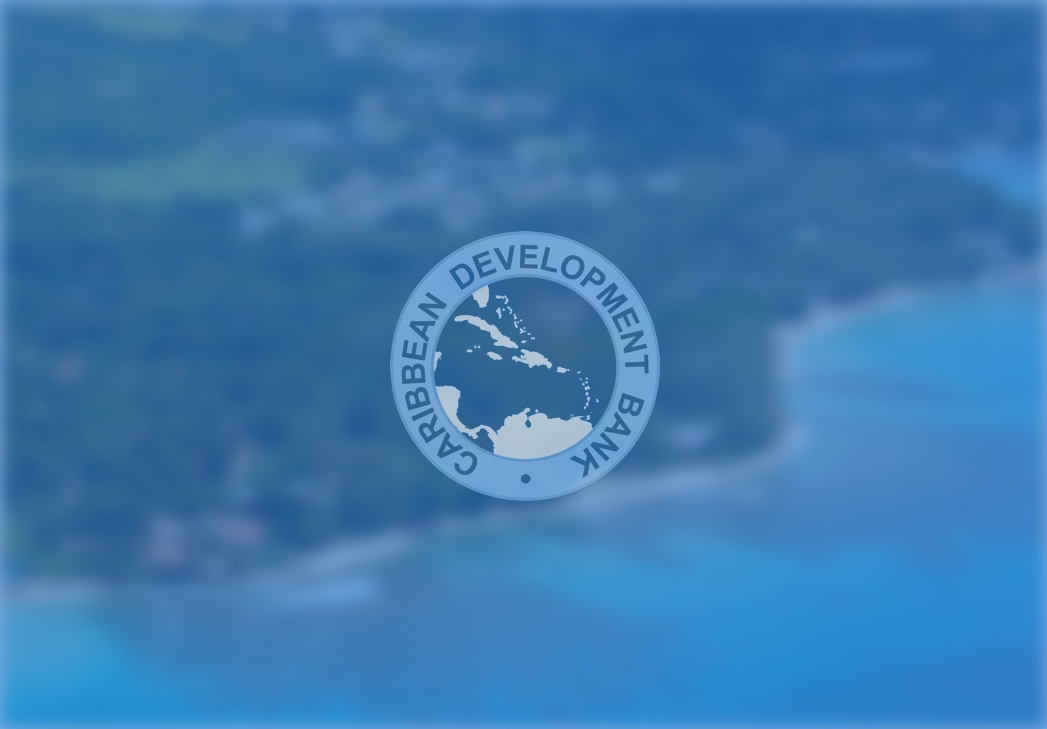CDB trains local government officials to increase public spending effectiveness

The Caribbean Development Bank (CDB) has today launched a series of training workshops to enhance the resource mobilisation skills of public officials responsible for accounting and reporting. The training covers financial development topics and targets municipal officers and policy makers from 50 municipalities in the Bahamas, Belize, Dominica, Guyana, Saint Lucia, and Trinidad and Tobago.
The workshops are part of CDB’s regional project on capacity building in municipal finance, which is expected to increase the effectiveness of the expenditure of the targeted municipalities while taking the specific needs of marginalised groups and environmental factors into consideration, Dr Darran Newman, Advisor to CDB’s Vice-President of Operations, explained.
“In this way, the regional project will contribute towards improved, inclusive governance practices and enhanced accountability mechanisms, such as planning, public transparency of budgets, customer service contracts for public utilities, adequate public asset management, and clear monitoring of the performance of local governments,” Dr Newman said.
The regional project, which is being executed with Commonwealth Local Government Forum (CLGF) - Caribbean, is utilising e-learning modules and virtual workshops covering financial and development topics, such as budgeting for local government, gender equality and social inclusion, and action planning.
CLGF Regional Programme Manager, Sandra Singh, said the training was also exposing participants to business planning and the preparation of simple procedure manuals.
“There will also be a requirement for participants to conduct at least one knowledge sharing event on their return to their municipalities to ensure that their colleagues are exposed to the information, materials, knowledge products and tools received. This is expected to contribute towards institutional and behavioural change at the local level,” Singh noted.
A follow-up will be undertaken with the participants about a year after the training workshops, which will run until early October, to assess and provide follow-up support for the implementation of action plans to be developed during the workshops.

